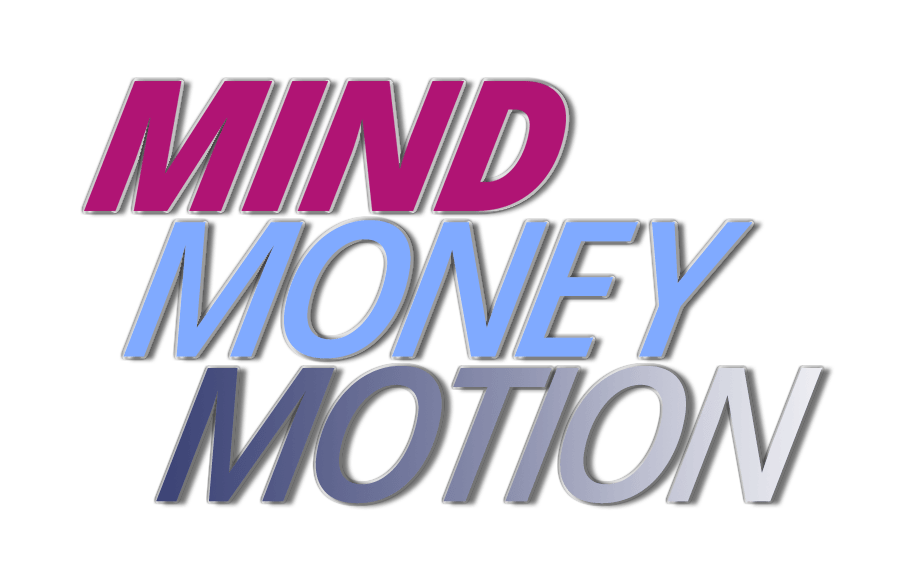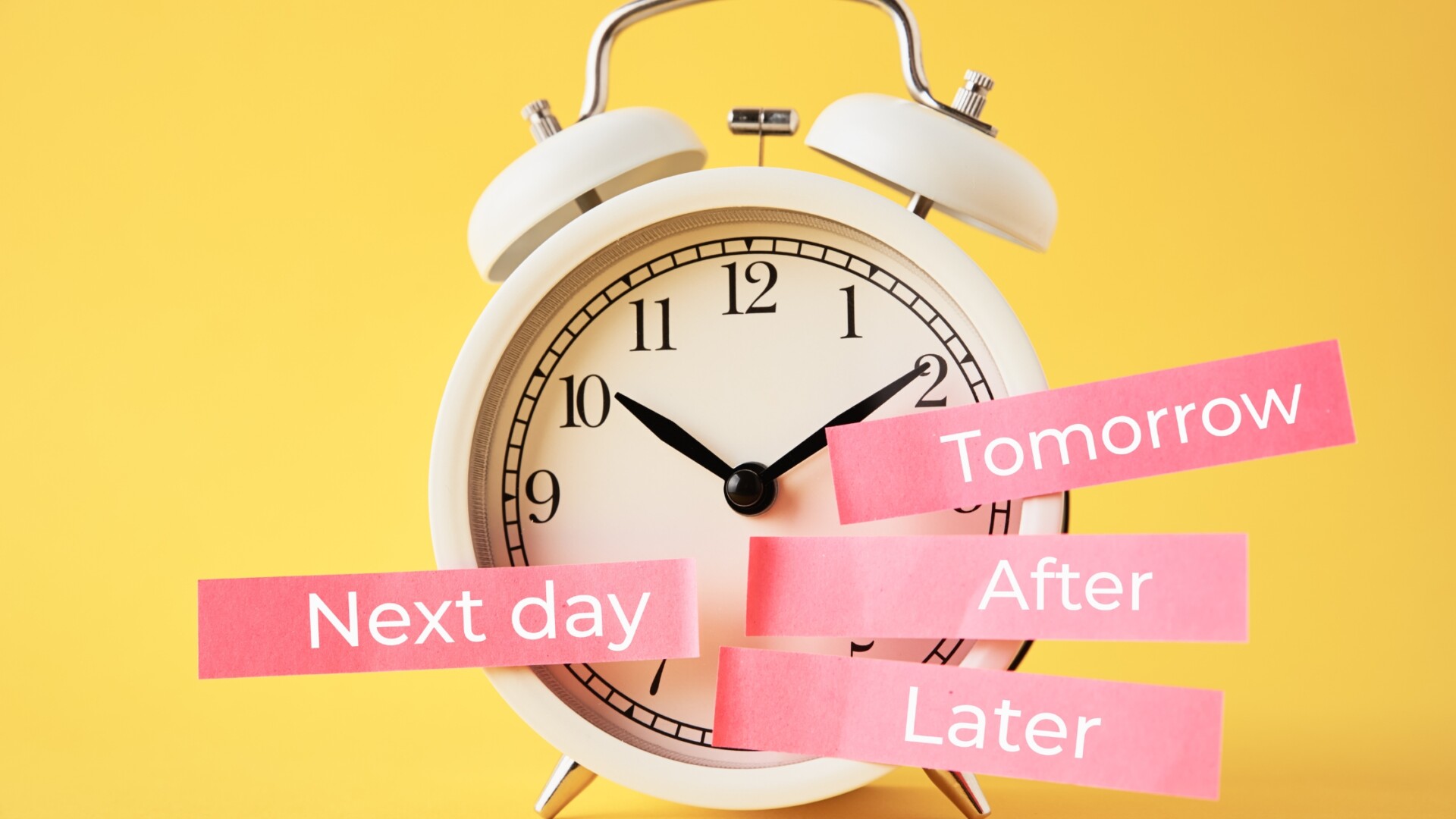Jokingly, we have all heard, and then chuckled, the phrase, “Why do today what you can put off until tomorrow?” We call that procrastination. Wikipedia’s definition of procrastination is the act of unnecessarily postponing something despite knowing that there could be negative consequences for doing so. We all do this in some areas of our life, but why?
Financial Procrastination is a Taboo Topic
In my industry, personal finance, I have decided that too often when people procrastinate financial actions it is due to the tendency to avoid negative emotions. For some, money in general elicits feelings of stress or uncertainty. Maybe it was a source of tension in your household growing up or in past relationships. For many women, it’s an overall feeling of guilt and/or lack of confidence in feeling like we never learned or were taught about money.
Depending on what stage of life we are in, our spending plan or purchase decisions or investment decisions can all bring uneasiness. Or how about the most procrastinated area of personal finance, estate planning? Who wants to think about death and incapacity? Thinking about losing loved ones is definitely fraught with negative emotions.
And to add to all of that, money has pretty much been one of those taboo topics in many cultures and countries that people often just don’t talk about. For a variety of reasons, families have not historically shared financial decision-making stressors or approached the learning lesson opportunities that come with using money as a tool in life.
The Nike Solution
Regardless of the context of how you got to where you are today in your financial life, money personality, and personal finance habits, how can you avoid procrastination and move forward for optimal financial health? I think Nike may have discovered the solution, whether we are talking about money or other actions in life.
I recently learned about Dr. Tim Pychyl, author of the book Solving the Procrastination Puzzle. As a professor of psychology, he researched the impact of intentional actions on personal well-being. His bottom line finding was that the key to overcoming procrastination is… to just get started.
“Just do it!” like Nike says. That 1988 slogan led to one of the most successful marketing campaigns in history. By tapping into the personal and relatable goal of achieving something, Nike inspired people to take action and pursue their goals regardless of obstacles. Nike became a companion in personal triumph.
Your Companion
Dr. Pychyl went on to clarify that we should not wait to be in the mood for whatever goal we want to accomplish. You get in the mood by starting any action toward your goal. His book shares several strategies for taking that first step and maintaining momentum.
Nothing wrong with being a DIY-er (do-it-yourself), especially on some things, which is also why I have a variety of financial checklists available for various stages of life and a FREE master calendar for completing financial tasks. However, I have seen the value of a companion in personal triumph, like Nike’s approach.
Accountability partners, isn’t that a big part of the success of organizations like Weight Watchers, Griefshare, Alcoholics Anonymous, etc.? Occasionally, I have clients that want a personal financial plan with recommendations that they plan to take and implement themselves without my further involvement. I have yet to see that work out as they had hoped. Other times, since life is busy, busy, busy and part of my role is to be what I call a “Nice Nag,” proactively bring up and keep reminding about actions they identified as important to them.
Also read, Retirement: Turn Your Worry List into a To-Do List.
Just Get Started
So how do you just get started, like Nike and Dr. Pychyl suggest? Small “mind tricks” that I have found helpful have to do with visible reminders, i.e., sticky notes, tickler files, etc. For example, if a goal is to review your estate plan or complete some paperwork, place the physical paper in a visible place that will bother you until it is moved.
My personal pet peeve is to have paperwork pile up on my kitchen island where I have a nice centerpiece. I prefer to keep that area decluttered and always nice looking since it is the first thing you see when you enter the kitchen. Yet if I put a book, file, paperwork, etc. on that island as a To Do reminder, it will get done (because I don’t like it there!) compared to if I just leave it on a desk, by the computer, on a side counter, etc.
Pick one next step and do it. Don’t wait to be in the mood. That’s the research. What is the one best thing you can do next for your financial health and to get over you financial procrastination?
Let’s Have a Conversation:
Do you have mind tricks that have helped you move forward on your financial health, especially with financial procrastination? What has NOT worked? Is there something you have experienced that you can share with our community to help other women?
Marie Burns is a Certified Financial Planner, Speaker, and Author of the bestselling Financial Checklist books. Find Marie on Facebook or contact her at Marie@MindMoneyMotion.com.
This article was first published at 60 and Me – a community that helps women over 60 live happy, healthy and financially secure lives.

